15 March 2025
Video games have come a long way since the days of Pong and Tetris, haven’t they? What once consisted of a couple of pixels bouncing around a screen has now evolved into virtual worlds so intricate and lifelike, they make you question reality. But hold onto your controllers—I’m not here to reminisce about vintage gaming (fun as that is). Nope, we’re diving headfirst into the future of game development, and let me tell you, it’s wild.
At the heart of this evolution? Artificial intelligence (AI). This isn’t just some sci-fi pipe dream anymore. AI is no longer the sidekick—it’s the protagonist, revolutionizing how games are developed, played, and experienced. So, what’s next for AI in game development? Let’s log in and find out.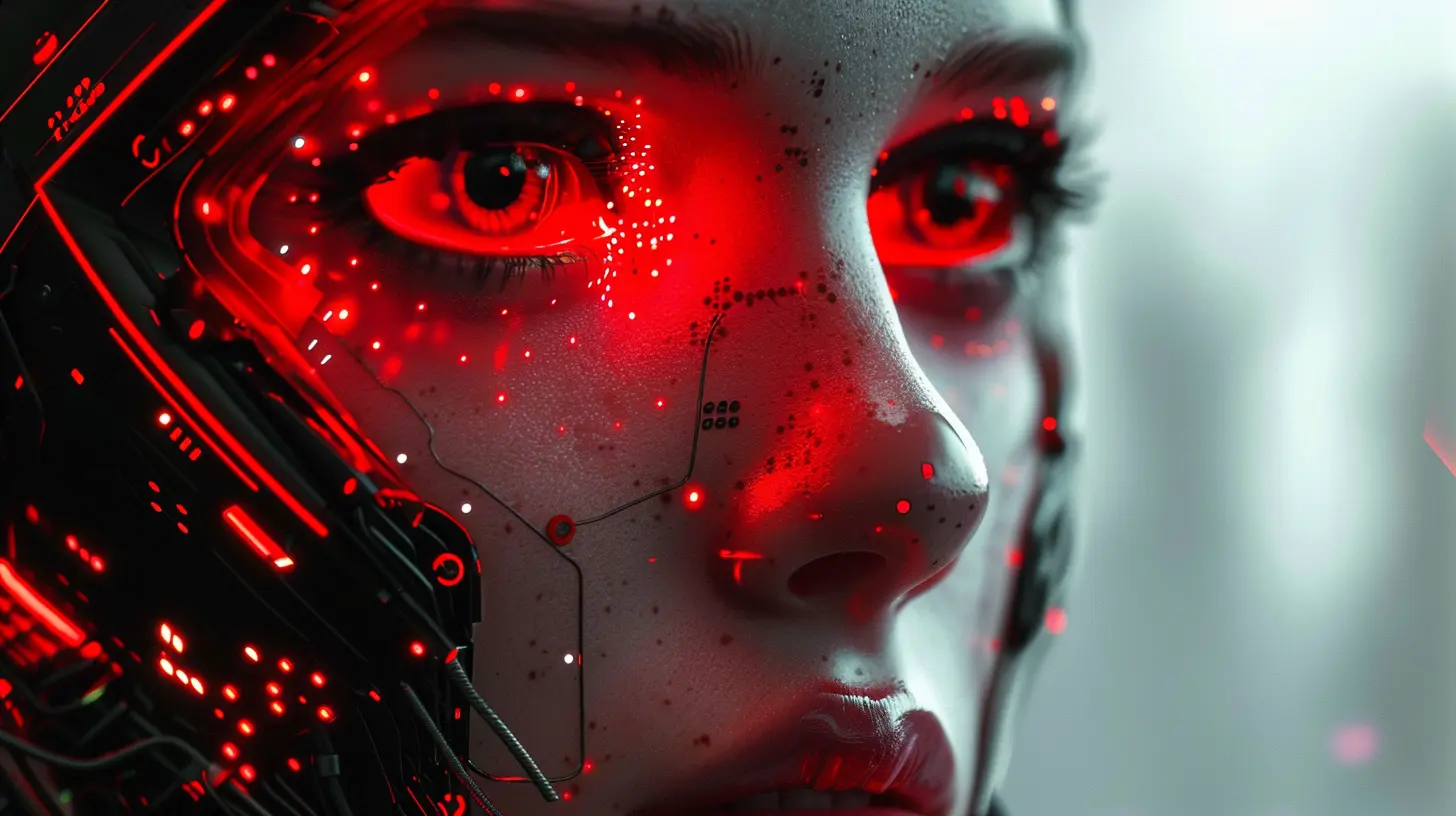
How AI Systems Are Shaping Game Development Today
Before we geek out about what’s next, let’s appreciate what AI is already doing. Spoiler alert: it’s doing a lot. These systems aren’t just helping developers save time—they’re changing the game (pun fully intended). From creating smarter non-playable characters (NPCs) to procedurally generating entire worlds, AI is the secret ingredient in many of today’s most innovative titles.Smarter NPCs That Feel Alive
Remember when NPCs were basically glorified menu buttons? You’d talk to one, they’d spit out the same canned dialogue every time, and that was that. Fast-forward to now—AI-powered NPCs can learn from player behavior, adapt their actions, and even hold semi-intelligent conversations.Take “Middle-earth: Shadow of Mordor,” for instance. Its Nemesis System uses AI to give enemies individual personalities, memories, and unique reactions. Got defeated by a random orc two hours ago? Chances are he’ll remember you, trash-talk you, and even hold a grudge. It’s like having your very own orc rival—imagine that!
Procedural World Generation: AI as the Architect
Creating game worlds is no small feat. Handcrafting every nook and cranny of a virtual universe takes months—sometimes years—of work. Enter procedural generation, where AI steps in as the ultimate digital architect.Games like “Minecraft” and “No Man’s Sky” use AI algorithms to generate landscapes, caves, and galaxies on the fly. The result? Infinite replayability. You could wander through these games for decades and never see the same terrain twice. Think of it like a pizza delivery guy who can make you a new pizza every time you ask, but each slice has a completely unique topping.
AI-Powered Art and Animation
AI isn’t just about coding and gameplay—it’s flexing its creative muscles, too. Tools like NVIDIA Canvas and Runway ML allow developers to generate stunning art assets in minutes. No more sketching trees for hours; a few clicks and voila—a lush forest.For animation, motion capture is being paired with AI to create smoother and more lifelike movements. In short, AI’s whispering to animators, "Hey, go grab a coffee while I do the heavy lifting."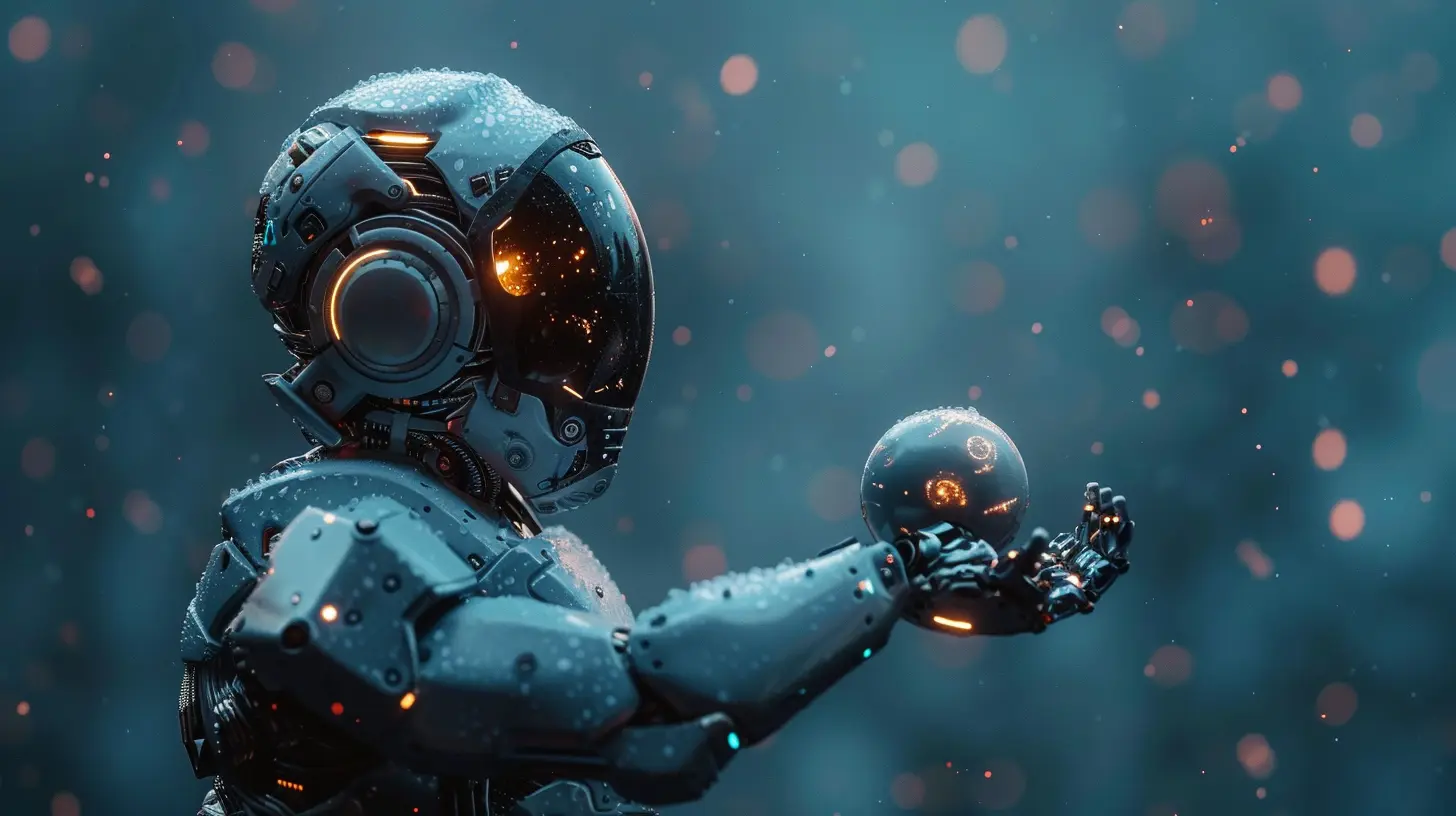
What’s Next? Predicting the Future of AI in Game Development
Alright, enough about the present. Let’s talk about where this is all heading. What’s next for AI in gaming? If current trends are anything to go by, the future’s going to look more like something out of a “Black Mirror” episode—only way cooler and less dystopian.Fully Adaptive Storytelling
Imagine playing a game where the story isn’t just linear or branching—it’s fully adaptive. Thanks to advancements in AI-driven narrative design, this is becoming a real possibility. Instead of choosing between pre-set dialogue options, the AI could generate unique responses based on what you’ve done in the game so far. Your decisions wouldn’t just shape the story—they’d create it.Think of it like playing Dungeons & Dragons, but instead of a human Dungeon Master guiding the story, you’ve got an AI running the show. Every twist and turn would feel hyper-personalized. Creepy? Maybe a little. Awesome? Absolutely.
AI-Generated Games
Why stop at NPCs and stories? In the not-so-distant future, we might see AI that can generate entire games. Developers would just input a few key parameters—genre, tone, difficulty—and bam, the AI spits out a fully functional game.This could democratize game creation, allowing indie developers or even hobbyists to bring their ideas to life without needing a massive team or budget. It’s like having an instant ramen version of game development—quick, easy, and surprisingly satisfying.
Real-Time Player Feedback and Balancing
Let’s be honest—game balancing is tricky. Make it too hard, and players rage-quit. Too easy, and they get bored. AI could solve this problem by analyzing player behavior in real-time and adjusting the difficulty on the fly. Died three times in the same spot? The AI might tone down enemy aggression. Breezing through every level without breaking a sweat? Get ready for a boss that’ll make you question your life choices.This kind of real-time responsiveness could create games that feel just right for every player. It’s like Goldilocks, but instead of porridge, you’ve got perfectly balanced gameplay.
AI-Driven Multiplayer Experiences
Multiplayer games are already a blast, but AI could take them to the next level. Picture this: instead of matching you with random players based solely on skill level, AI could analyze your play style, personality, and preferences to find teammates or opponents you’ll genuinely enjoy playing with.It’s like an AI-powered dating app for gamers. Swipe right on that tank main who always has your back, and swipe left on the guy shouting profanities in voice chat.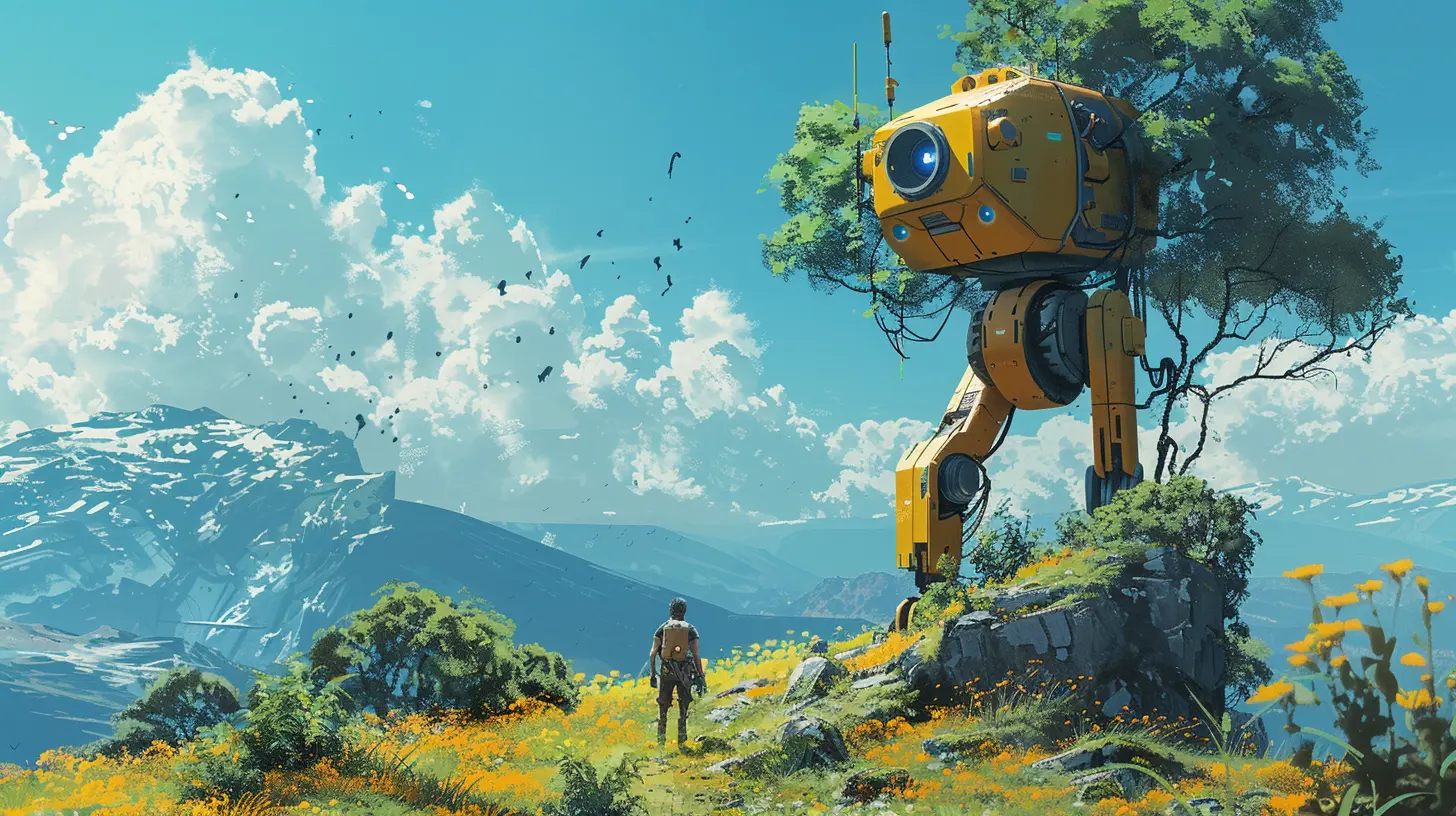
Ethical Concerns: Are We Opening Pandora’s Loot Box?
As exciting as all this sounds, it’s not all sunshine and rainbows. The rise of AI in game development comes with its fair share of ethical questions.Job Displacement for Developers
Let’s address the elephant in the room. If AI can generate art, animate characters, and even create entire games, where does that leave human developers? Sure, AI is a tool, not a replacement (for now). But there’s no denying that automation could reduce the need for certain roles in the industry. Balancing innovation with job security will be a tricky tightrope to walk.Player Data and Privacy
To create these hyper-personalized experiences, AI needs data—lots of data. But how much is too much? If a game knows your habits, preferences, and every in-game decision you’ve ever made, does that cross a line? And who owns that data? These are questions we’ll need to answer as AI continues to evolve.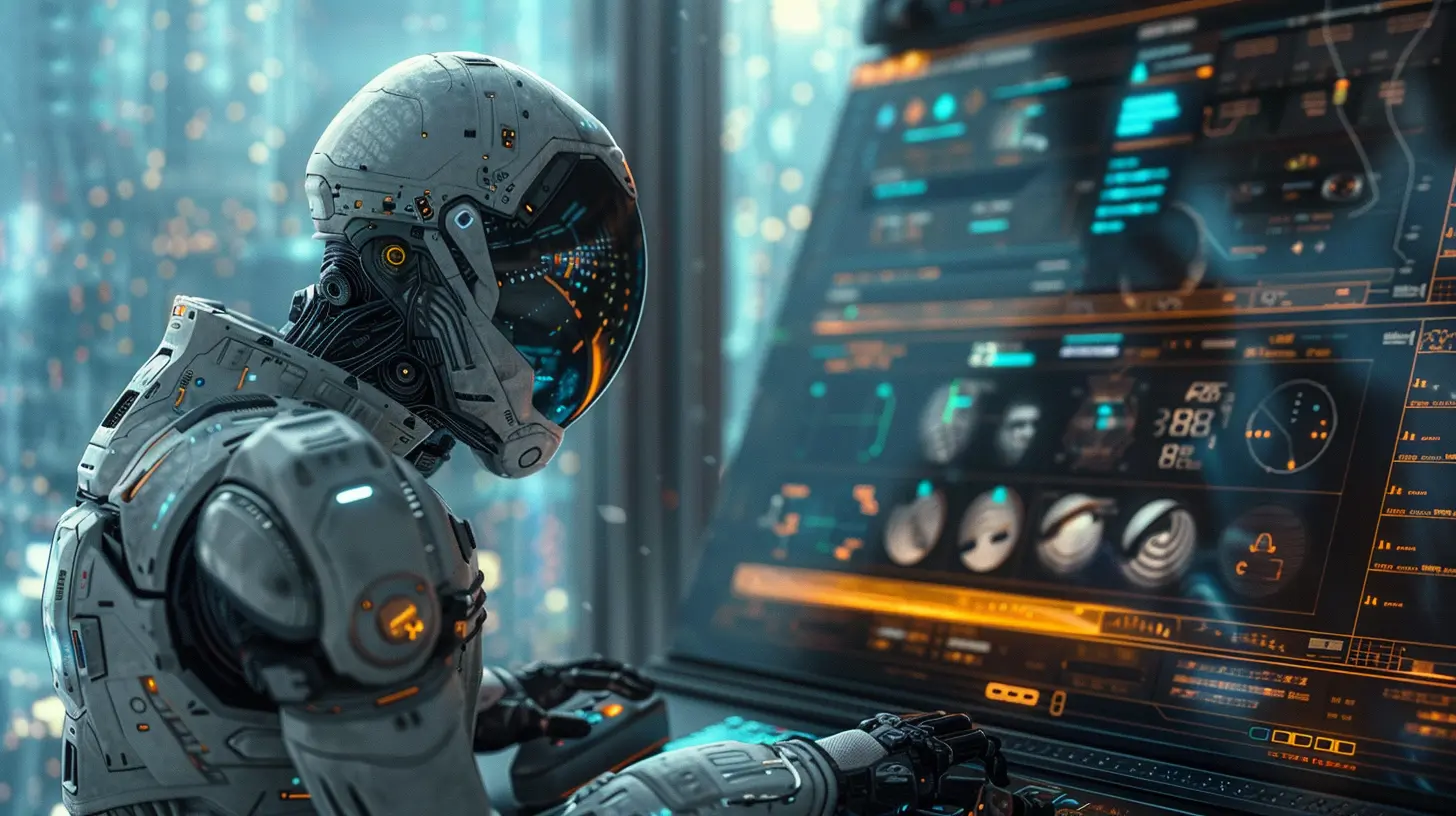
Wrapping Up: The Game Has Only Just Begun
So, there you have it. AI is revolutionizing game development in ways that were unimaginable just a decade ago. From smarter NPCs to adaptive storytelling, procedural worlds, and beyond, the possibilities are as endless as a sandbox game.Sure, there are challenges ahead—balancing ethics, keeping human developers in the loop, and making sure our games don’t turn into creepy AI overlords. But if we play our cards right (and maybe roll a natural 20), the future of gaming looks brighter than ever.
The only question left is: Are you ready for what’s next?

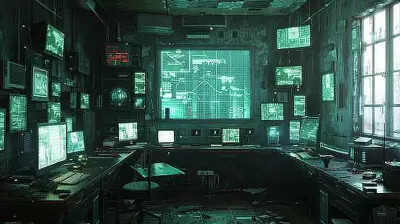
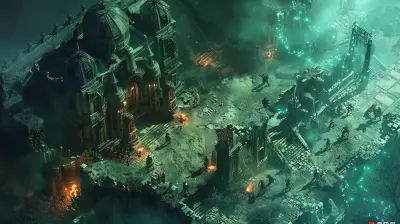
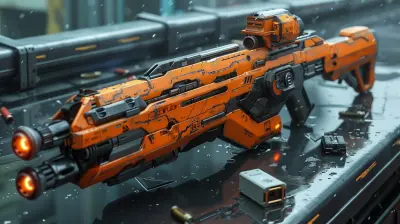

Kimberly Hubbard
Exciting times ahead! As AI reshapes game development, we’ll witness not just smarter NPCs but also dynamic storytelling and tailored player experiences. Let’s hope developers wield this power responsibly—after all, nobody wants a rogue AI ruining their gaming adventures!
April 2, 2025 at 4:35 AM